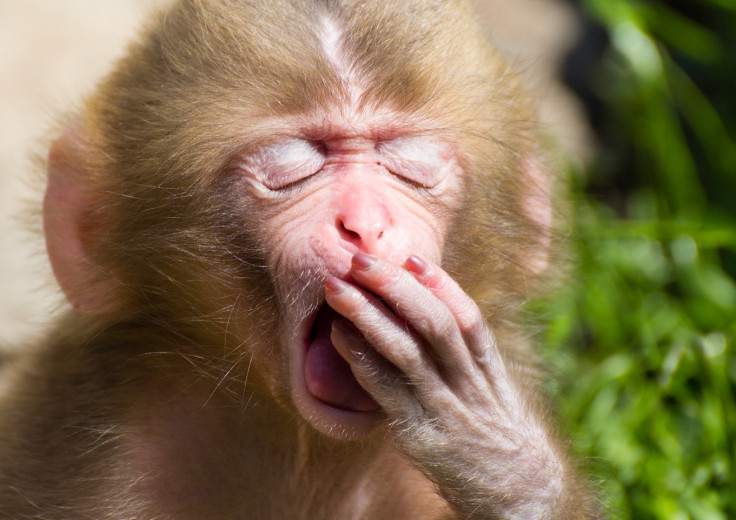Psychopaths are immune to contagious yawns, say scientists

How can you spot a budding Hannibal Lecter, an emerging Patrick Bateman or an expertly disguised Norman Bates? It's a question the more anxious of us may have pondered after a strange coffee shop liaison, an awkward lift moment, or a particularly weird blind date.
But if you're sitting there having doubts that the person you're sharing a table with is a mass murderer, simply yawn at them.
According to researchers from the Texas Baylor University psychopaths are less likely to be affected by the "contagious yawning" normal people are unable to resist.
The study into yawning was published in the journal Personality and Individual Differences after 135 students were tested for traits such as Machiavellian egocentricity, cold-heartedness and rebellious nonconformity.
Most people will yawn if someone near them yawns and show signs of tiredness. But after being shown clips of people using different facial poses, including yawning, those who scored highly for cold-heartedness were less likely to yawn.
Infectious yawns
Serial murderers such as Jeremy Bamber, Ian Brady and Fred West have common traits including a lack of empathy or feelings of guilt, and being fantasists and compulsive liars.
Talking to The Times, Brian Rundle, a PhD student involved with the study, said: "One of the biggest lines of evidence is that [contagious yawning is] very much related to empathy.
"While this is a really interesting finding, it doesn't mean that if you're not affected by a contagious yawn there's something wrong with you."
Many mammals show contagious yawning and Rundle said that the trait could have originated in cavemen times.
"There's some evidence that to show that in baboons or dogs or chimps the alpha male tends to yawn first," he added.
"If you're sitting around the campfire it cues everyone else to yawn, and instead of going to bed at separate times they all do it at same times."
© Copyright IBTimes 2025. All rights reserved.





















